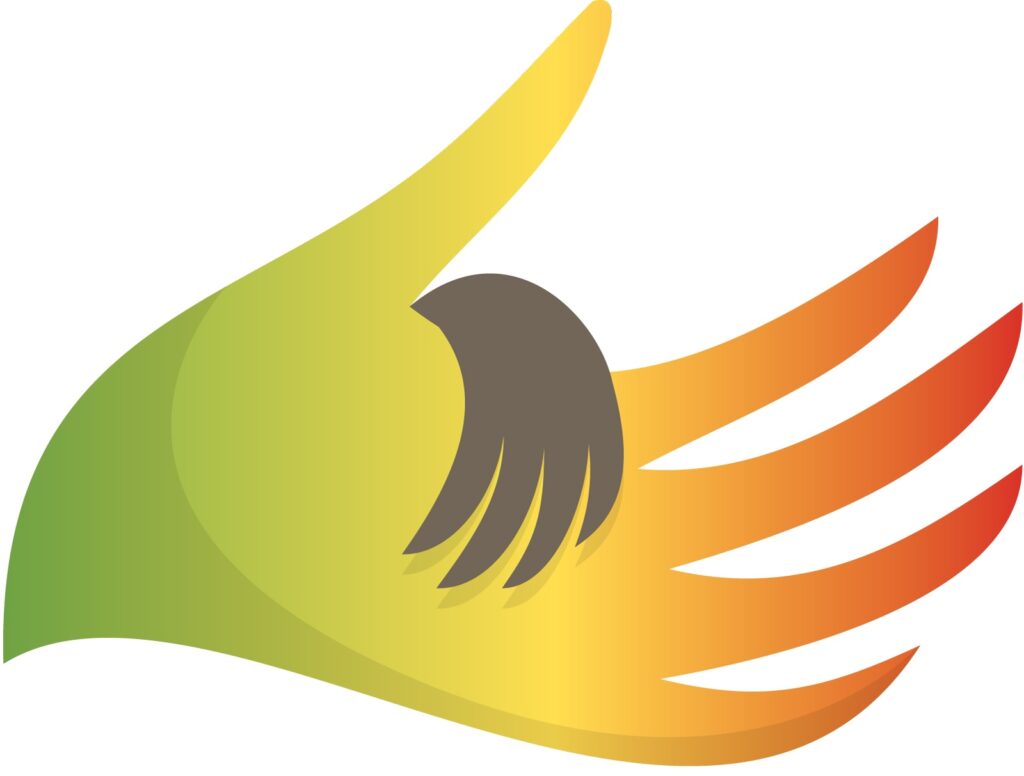
3 November 2025
The REACH Network warmly congratulates the LAKANA study team on the publication of their results in the New England Journal of Medicine.
The paper, “Mass Azithromycin Provision for Infants in Mali and Survival,” is the culmination of years of collaboration between researchers, field teams, policymakers, and communities across Mali, all united in their commitment to reducing child mortality in sub-Saharan Africa.
The choice of the 1–11-month age group was guided by WHO recommendations issued in 2020. These are currently undergoing review in light of additional data that have become available since. The trial demonstrates that administering azithromycin solely to children aged 1–11 months does not produce a measurable reduction in mortality in high-burden settings.
This stands in contrast, however, to the strong and consistent evidence of mortality reduction among children aged 1–59 months, and the LAKANA study aligns in this respect with recent studies in Niger, which demonstrated mortality benefits for this broader age range. Ongoing work to scale up azithromycin mass drug administration (MDA) to children aged 1–59 months is continuing in Nigeria, Niger, and Mali, in line with the demonstrated mortality benefits of azithromycin in this age group. Implementation is expected to begin in Burkina Faso next year.
A landmark trial in Mali
The LAKANA trial was a cluster-randomised, placebo-controlled study conducted between 2020 and 2024 in 1,151 villages in the Kayes, Kita, and Koulikoro regions of Mali.
The study enrolled more than 149,000 infants aged 1 to 11 months to determine whether azithromycin, a widely used macrolide antibiotic, could reduce infant mortality when distributed biannually or quarterly to this youngest age group.
The trial was led by researchers from Tampere University in Finland and the Centre for Vaccine Development – Mali (CVD-Mali), under the leadership of Professor Per Ashorn, and CVD-Mali Director-General – and REACH Network Co-Chair – Professor Samba Sow.
Other key study partners included the Malian Ministry of Health and Social Development, University College London’s Great Ormond Street Institute of Child Health and Tro Da Global Health Consultancy. The study was funded by the Gates Foundation, and Pfizer Inc. donated azithromycin and matching placebo for the trial.
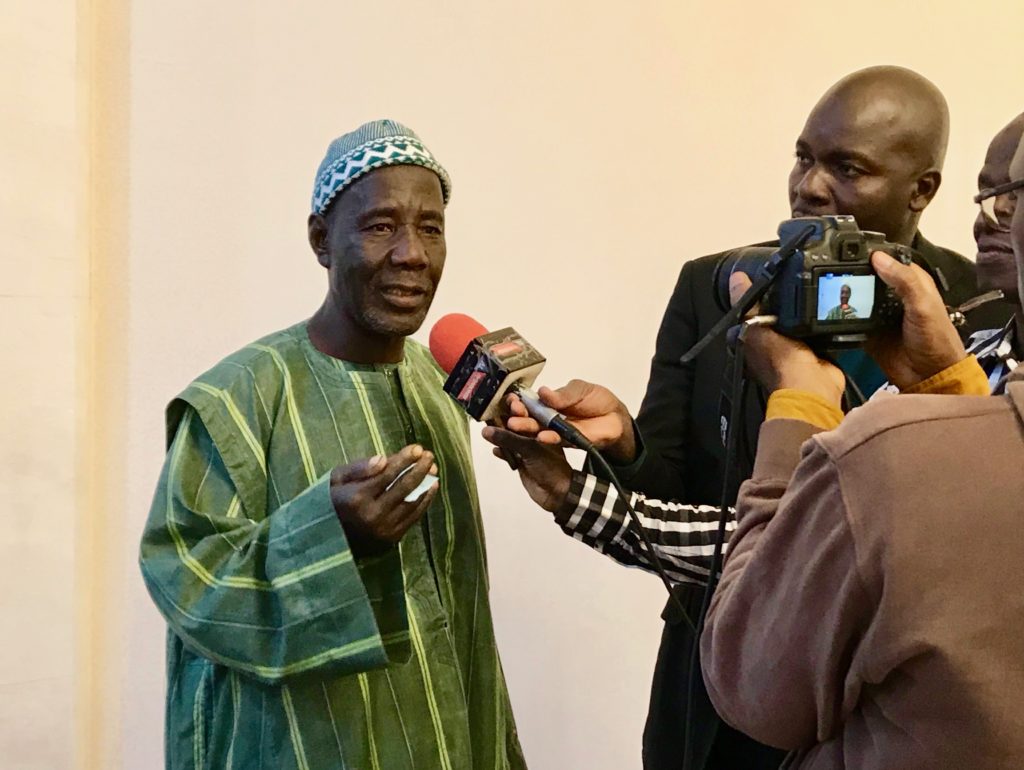
Key findings
Throughout this multi-year study, LAKANA researchers and field teams recorded only rare and mild adverse events, confirming the safety and feasibility of azithromycin interventions.
This confirms the evidence from trachoma programmes, which administered hundreds of millions of doses of azithromycin worldwide in the course of neglected tropical disease mass drug administration, with a similarly excellent safety profile.
The study found that restricting azithromycin MDA to infants under one year of age does not significantly reduce child mortality rates. Previous studies such as MORDOR I and AVENIR have shown that azithromycin can reduce mortality by up to 13 percent when given biannually to children aged 1 to 59 months in high-mortality settings. Taken together, these studies, including the LAKANA study, suggest that including children up to five years of age is likely necessary to achieve population-level impact.
Building AMR capacity and ensuring responsible stewardship
As part of the LAKANA trial, significant capacity for antimicrobial resistance (AMR) monitoring was established locally.
This investment has enabled CVD-Mali and its partners to carry the work forward as part of the broader REACH initiative, while also strengthening Mali’s national AMR surveillance system.
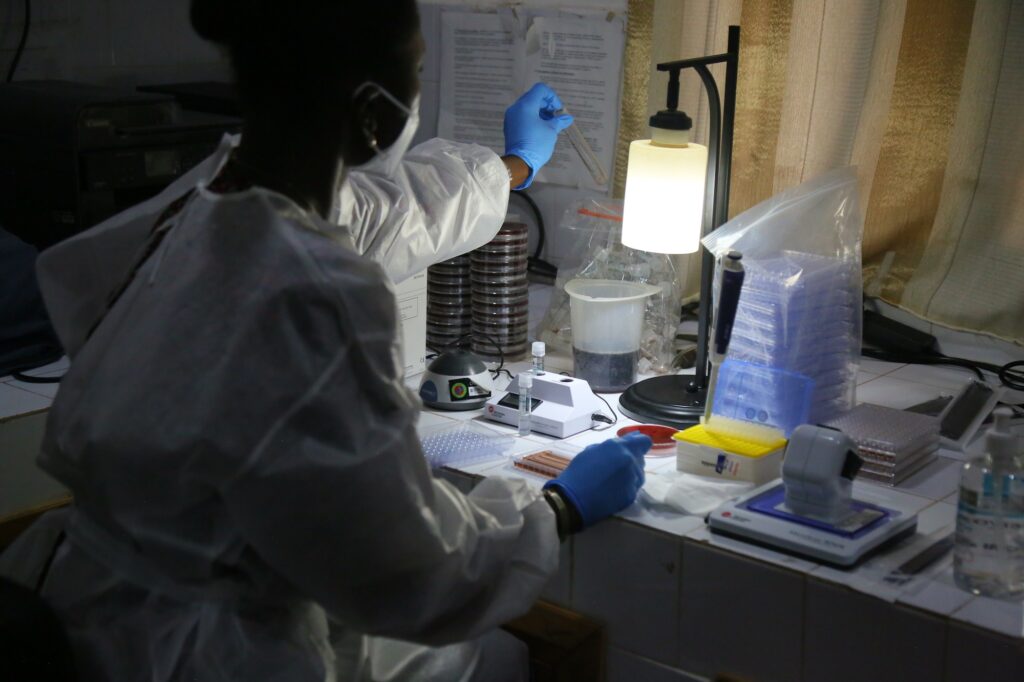
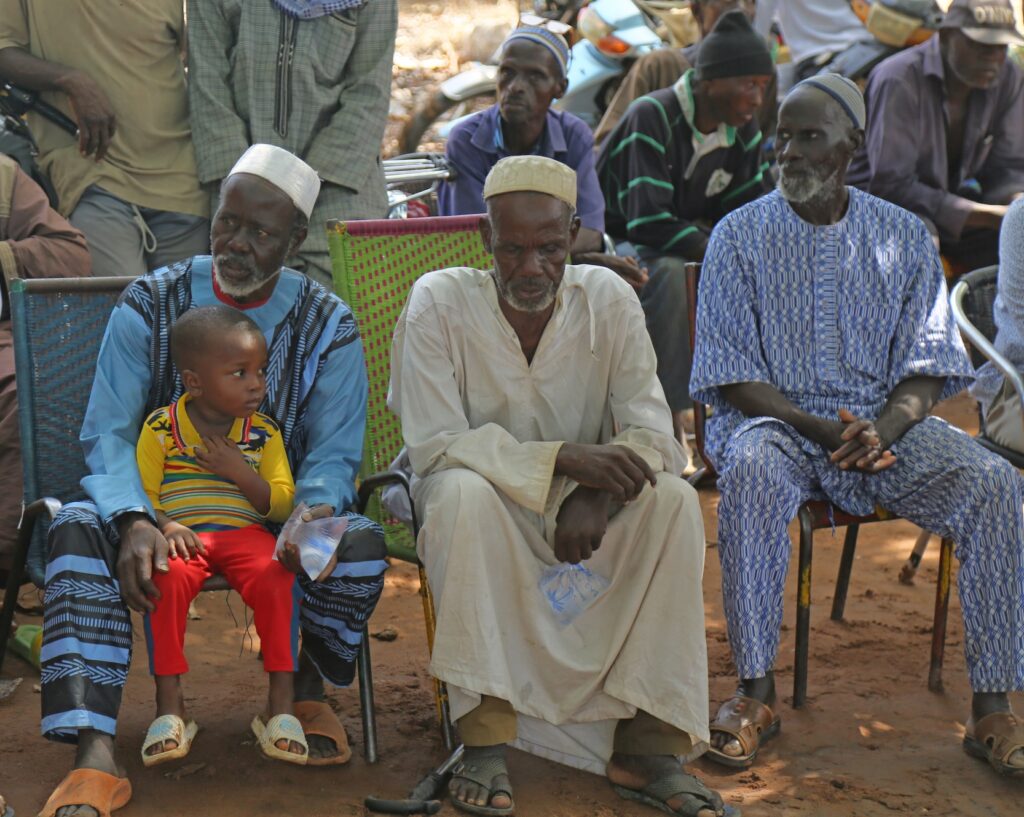
The infrastructure and expertise developed through LAKANA now contribute directly to responsible stewardship of antibiotic use, ensuring that azithromycin distribution is guided by real-time data and robust national monitoring.
The LAKANA study linked with the wider movement within the REACH Network to put in place robust, routine, harmonized systems for the monitoring of antimicrobial resistance, as azithromycin MDA is scaled up in West Africa.
Integrated interventions
Professor Samba Sow, Director-General of CVD-Mali and Co-chair of the REACH Network, said:
“Through collaboration with our partners in Tampere, UCL, Tro Da and the Gates Foundation, we are translating research into action, building integrated child health interventions that will make a lasting difference for families and communities across West Africa.
“This study represents innovation and African science at its best. The data generated by the LAKANA team are helping to shape national and regional child survival policies, ensuring that decisions are grounded in strong, locally-generated evidence.”

Professor Samba O Sow
Director-General, CVD-Mali, and REACH Network Co-chair
A model for partnership and implementation
The LAKANA trial was implemented during a period of significant logistical and environmental challenges, including the disruptions caused by the global COVID-19 pandemic. Despite these challenges, the study maintained methodological rigour, data integrity, and community trust.
More than a thousand Malian villages participated. Field teams, community health workers, and local leaders ensured strong participation and ethical oversight, showing how African-led partnerships can generate globally relevant evidence while strengthening national capacity.
CVD-Mali, as part of its ongoing outreach and community work, and the expansion of its azithromycin for child survival programme, has been communicating the results of this work to communities and key local stakeholders as part of the REACH Mali scale-up.

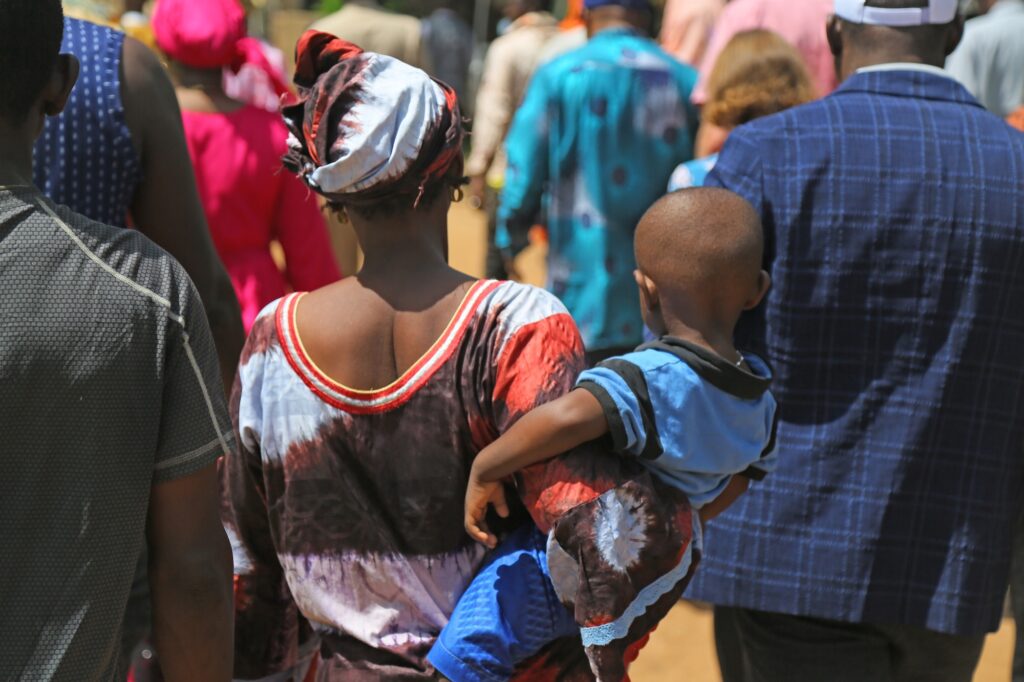
Informing the child survival programmes of the future
The LAKANA trial has been a cornerstone of the REACH Network since its inception and now directly informs the REACH Mali public health programme.
Its results will guide future decisions on the optimal age range for treatment, dosing frequency, and frameworks for monitoring antimicrobial resistance responsibly.
As Mali, Niger, Nigeria, and Burkina Faso expand integrated child survival platforms, the findings from LAKANA will help ensure that national policy and implementation remain evidence-based and sustainable.
The REACH Network celebrates the dedication of every researcher, data analyst, fieldworker, community representative, and partner who made LAKANA possible.
Read the article on the New England Journal of Medicine website.
